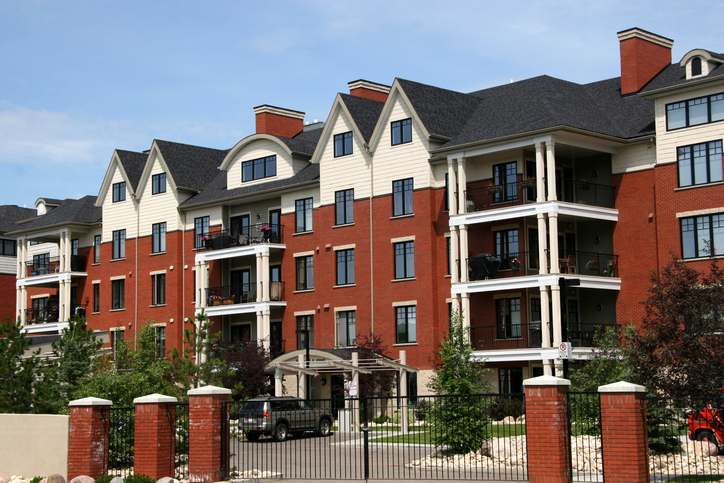Three Black South Carolina business partners are dedicated to putting a stop to gentrification with the hopes of buying back the block.
According to CNN, Kayla Rogers, Timothy Webb and Rashae Bey have vowed to make homeownership accessible to millennials and Gen Zers. The team’s goal is to provide affordable and safe housing to an oft-forgotten demographic.
Webb and Bey, both members of Kappa Alpha Psi Fraternity, Inc. and graduates of the University of South Carolina, have a total of 26 rental property units in their portfolio. Their latest purchases include four duplexes and one house in downtown Columbia. Initially, the two bought properties separately but then opted to join forces and their resources.
Rogers began her career in real estate in the Charleston market, according to CNN, and later transitioned to Columbia to work with Webb and Bey. She purchased her first home at the age of 25 and from there, decided to invest in rental properties.
Bey shared with CNN what made the two fraternity brothers create the formidable partnership.
“Me and Tim have the same personal and professional goals. We want the same things in terms of the properties we’re looking for,” Bey said.
Meet Tim Webb and Rashae Bey, UofSC Information Technology graduates and Real Estate Investors. The two have a combined 26 rental units between South Carolina and Virginia. @morethana9to5
They're on a mission to buy back their block with their recent acquisitions of 9 units…. pic.twitter.com/RScxBtG2NT
— UofSC Black Alumni Council (@UofSCBAC) September 2, 2020
“We were doing pretty much the same things on different properties, and we get to add value in the same ways — putting in new appliances, new paint, brand-new floors, new appliances, new roofing,” he added.
Webb added that it was important for millennials to create generational wealth in the community.
“We were not handed down the tools of financial literacy or generational wealth,” Webb said, speaking of the long-standing inequities in the housing industry. “In the early ’60s, ’70s, even ’80s, when redlining occurred, we weren’t ultimately given the opportunities financially to have our homes financed at a cheaper rate.”
Rogers chimed in as to why the housing market in Columbia was prime for young investors.
“The Columbia market is one of the most affordable markets, especially for investors trying to get started. And even with COVID-19, many buyers are able to save their time and money to find multiple properties at a good rate,” Rogers said. “A lot more buyers are out there — Columbia is very hot right now because you can get a lot for your money here.”
CNN reported that Webb also wrote a book on real estate investment. The publication, appropriately named “Buy Back the Block: A Guide to Building Your Real Estate Portfolio,” teaches millennials how to create financial security by investing in rental property.
In 2019, the Center For American Progress published a report that delved into the injustices that take place in the housing industry against Black people.
Although the Fair Housing Act of 1968 strictly bans “race discrimination in sales and rentals of housing,” the Kerner Report, which includes a lengthy list of inequitable housing practices in Black communities, proved that discrimination still existed.
According to the CAP report, despite economic gains by Black Americans, they were more likely to be overcharged for homes and denied better access to properties and the subsequent wealth that homeownership provided. The report did, however, cite former President Barack Obama's crackdowns on the real estate industry in 2013 and 2015.
“In 2013, HUD published a final rule, titled 'Implementation of the Fair Housing Act’s Discriminatory Effects Standard,' under which practices with an unjustified discriminatory effect, including those without a discriminatory intent, are deemed liable,” the study stated.
In 2015, HUD implemented a tool for its recipients to analyze and identify housing issues in their area and regionally. The resource allowed participants to cite patterns of discrimination and segregation, giving them access to better housing.
